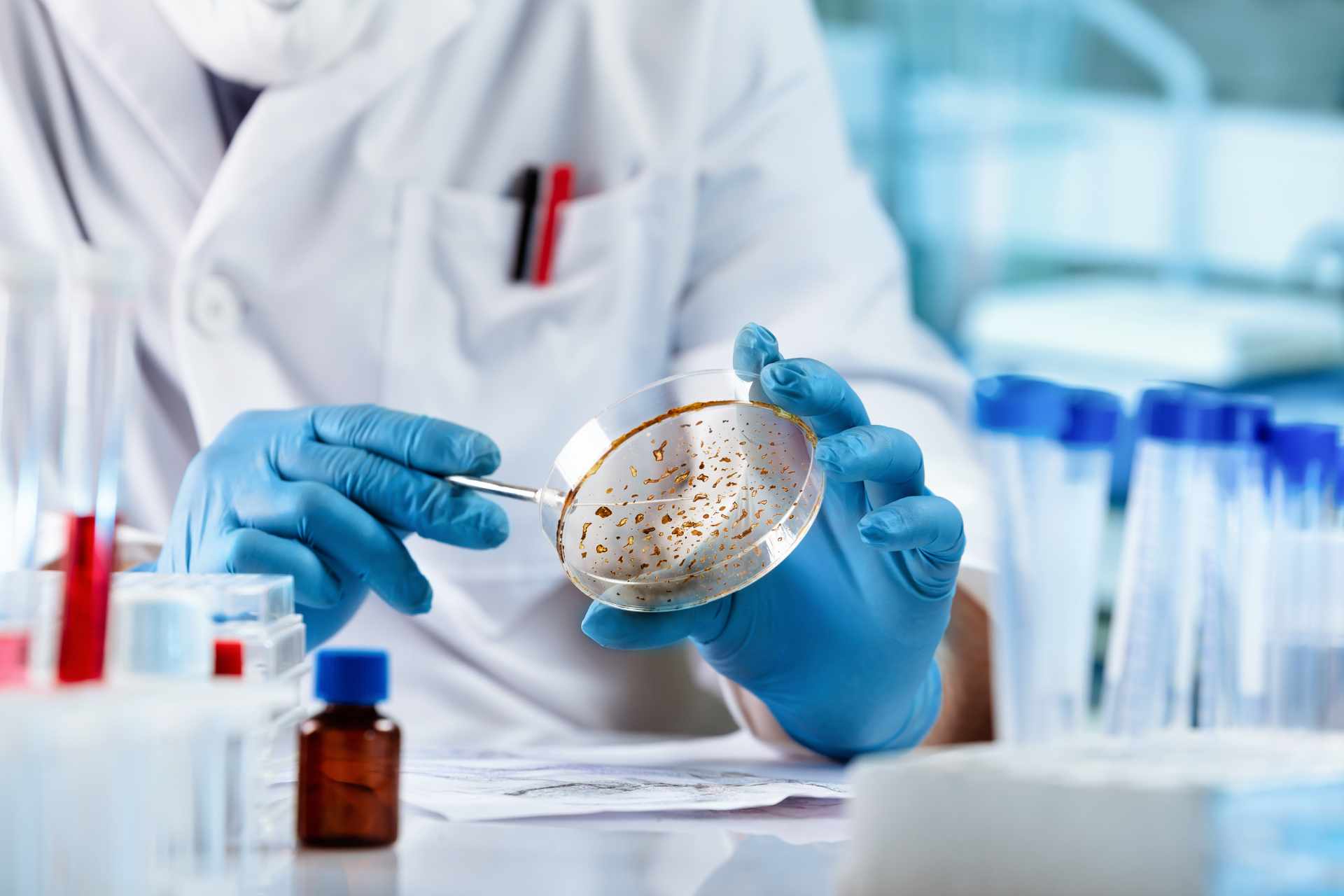What is already known
Several studies have linked specific gut bacteria to the efficacy of immune checkpoint inhibitors — a type of cancer drugs that help the immune system attack cancer cells. However, there is little consensus on which microbes are associated with treatment responses.
What this research adds
Researchers analyzed stool samples from 245 lung cancer patients and identified two groups of microbial species: one group of 37 microbes linked to resistance to immune checkpoint inhibitors, and another group of 45 bacteria associated with positive responses to treatment. Based on the ratio between these two groups of microbes and the levels of Akkermansia muciniphila, a bacterial species that can influence immune responses, the team developed a patient-specific score that predicted response to immune checkpoint inhibitors. The score was validated across hundreds of people with different types of cancer.
Conclusions
The findings suggest that the balance of specific microbial communities in the gut can help predict who will respond to immune checkpoint inhibitors.
Immunotherapy, a cancer treatment that harnesses the immune system to kill cancer cells, often shows varied responses among patients. Researchers have now found that the balance of specific microbial communities in the gut can help predict who will respond to immunotherapy drugs.
The findings, published in Cell, could also help identify healthy individuals who could donate fecal bacteria for fecal microbiome transplantation, a procedure to help those who do not respond to these drugs.
“This approach could represent a dynamic diagnosis tool for intestinal dysbiosis to guide personalized microbiota-centered interventions,” the researchers say.
Several studies have linked specific gut bacteria to the efficacy of immune checkpoint inhibitors — a type of immunotherapy drugs. However, there is little consensus on which microbes are associated with treatment responses.
To try to identify a microbial signature that could predict response to immune checkpoint inhibitors, Lisa Derosa at Gustave Roussy Cancer Campus in Villejuif, France, and her colleagues analyzed stool samples from 245 lung cancer patients that underwent the treatment.
Microbial ratio
The researchers identified two groups of microbial species: one group, which they dubbed SIG1, contained 37 bacteria — including Streptococcaceae, Veillonellaceae and Lactobacillaceae — linked to resistance to immune checkpoint inhibitors. A second group, which the researchers called SIG2, contained 45 microbes associated with positive responses to treatment. These included Lachnospiraceae and Oscillospiraceae.
Patients with bacteria associated with positive responses had longer survival rates compared to those with resistance-associated bacteria, the team found.
Based on the ratio between SIG1 and SIG2 microbes, as well as the levels of Akkermansia muciniphila — a bacterial species that can influence immune responses, the researchers developed a patient-specific score called TOPOSCORE, which predicted response to immune checkpoint inhibitors.
Diagnostic test
The TOPOSCORE was validated in an additional 254 people with lung cancer and in 216 genitourinary cancer patients as well as 216 people with kidney cancer and urothelial cancer.
Next, the researchers scaled down the calculation of the TOPOSCORE to 21 bacterial species associated with immunotherapy outcome and set up a user-friendly test capable of identifying the presence of these 21 species in the patients’ stool. The score was validated in people with melanoma and colorectal cancer.
“The TOPOSCORE represents a potentially actionable diagnosis tool for the pharmacodynamics of live biotherapeutics, [fecal microbiota transplant], and prebiotics,” the researchers say. “More specifically, the TOPOSCORE offers a user-friendly process to rapidly evaluate gut dysbiosis in a given individual at any time of the disease.”









